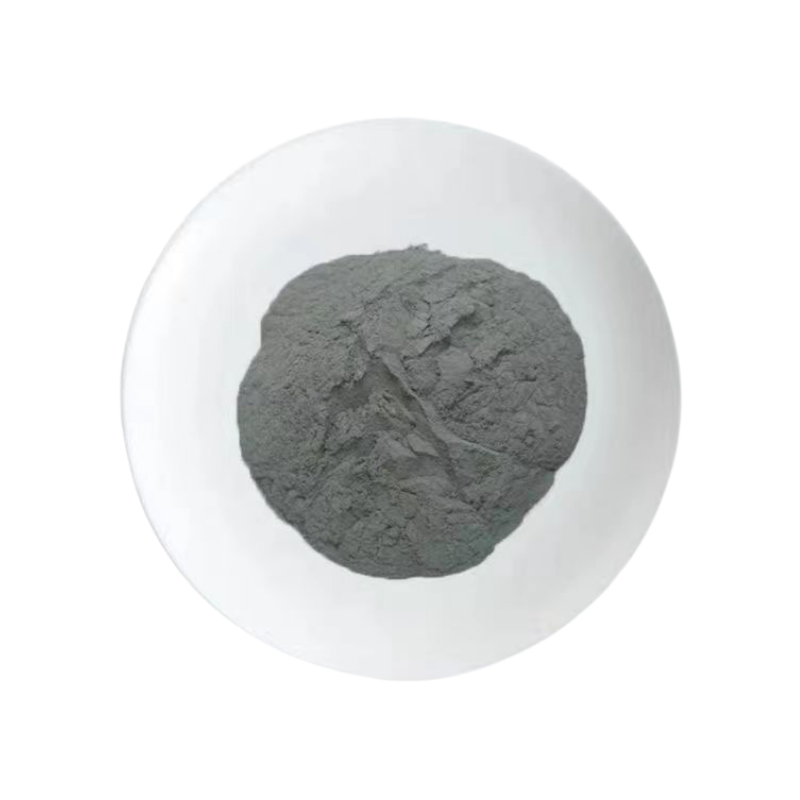
perlite agriculture manufacturer
The Role of Perlite in Modern Agriculture Advancements and Benefits
As the world grapples with the increasing pressures of growing populations and shifting climatic conditions, agriculture is undergoing a significant transformation. One of the pivotal components in enhancing agricultural productivity and sustainability is the use of perlite, a naturally occurring volcanic glass with remarkable properties. In this article, we will explore the role of perlite in agriculture, its benefits, and the leading manufacturers contributing to its application.
What is Perlite?
Perlite is a lightweight and inert substance created when volcanic glass is heated to high temperatures, causing it to expand and form tiny, porous particles. This unique structure provides perlite with excellent aeration, drainage, and moisture retention properties, making it highly effective for various agricultural applications. Its versatility has led to an increased focus on perlite as a crucial component in potting mixes, soil amendments, and hydroponic systems.
Benefits of Perlite in Agriculture
1. Improved Soil Aeration and Drainage One of the primary benefits of incorporating perlite into soil is its ability to improve aeration. The porous nature of perlite allows air to circulate freely through the soil, which is essential for healthy root development. This aeration reduces the risk of compaction, allowing plant roots to access air and nutrients more effectively.
2. Enhanced Moisture Retention Despite its lightweight nature, perlite can retain moisture efficiently. This characteristic makes it an excellent choice for maintaining soil moisture levels, which is particularly beneficial in arid regions or during dry seasons. The ability to retain moisture while simultaneously promoting drainage helps prevent over-watering and root rot.
3. Reduced Weight of Growing Media Traditional soil can be heavy and difficult to manage, especially in container gardening or greenhouse settings. Perlite's lightweight composition reduces the overall weight of growing media, making it easier for gardeners and farmers to handle plants and transport materials.
4. pH Neutrality Perlite has a neutral pH level, which means it will not alter the acidity or alkalinity of the soil mixture. This pH neutrality makes perlite a versatile addition to any growing medium, allowing growers to control the desired pH levels without interference.
perlite agriculture manufacturer

5. Sustainability As a naturally occurring mineral, perlite is a sustainable resource. Its use in agriculture can contribute to more sustainable farming practices, reducing the reliance on synthetic fertilizers and enhancing the overall ecological balance within the agricultural ecosystem.
Leading Manufacturers of Perlite for Agriculture
Several manufacturers specialize in the production and distribution of perlite for agricultural use. Here are a few notable players in this industry
1. Imerys One of the largest producers of industrial minerals in the world, Imerys offers a range of horticultural perlite products designed for various agricultural applications. Their products are widely recognized for their quality and reliability.
2. Perlite Canada This company focuses on the extraction and processing of perlite for various markets, including agriculture. With a commitment to sustainable practices, Perlite Canada provides high-quality materials that contribute to improved agricultural performance.
3. Schundler Company Based in the United States, Schundler Company has been a key player in the production of perlite for over 70 years. They offer a variety of perlite products tailored for horticultural use, emphasizing quality and effectiveness.
4. American Perlite Another established manufacturer, American Perlite produces expanded perlite that is specifically marketed for agricultural and horticultural applications. Their focus is on providing innovative solutions to improve soil health and plant growth.
Conclusion
Perlite has emerged as a fundamental component in modern agriculture, offering a range of benefits from improved soil aeration to enhanced moisture retention. As the agricultural sector continues to evolve in response to global challenges, the role of perlite is becoming increasingly significant. Their lightweight, pH-neutral, and sustainable characteristics make them a favorite among farmers and horticulturists alike. With leading manufacturers committed to quality and innovation, the future of agriculture is likely to see even greater integration of perlite, helping farmers to grow healthier crops while minimizing environmental impact. Embracing such materials can pave the way for a more sustainable and productive agricultural landscape for generations to come.
Share
-
Premium Glass Sand Solutions | High Purity SupplyNewsAug.03,2025
-
Premium Talcum Powder Enhanced with GPT-4 Turbo | Soft & Long-LastingNewsAug.02,2025
-
Fly Ash Solutions Enhanced by GPT-4 Turbo | Sustainable InnovationNewsAug.01,2025
-
Natural Premium Bentonite Cat Litter - Superior ClumpingNewsJul.31,2025
-
Premium Resin Coated Sand - High Heat Resistance CastingNewsJul.31,2025
-
High Quality Silicon Carbide Grit for Abrasive ApplicationsNewsJul.30,2025






